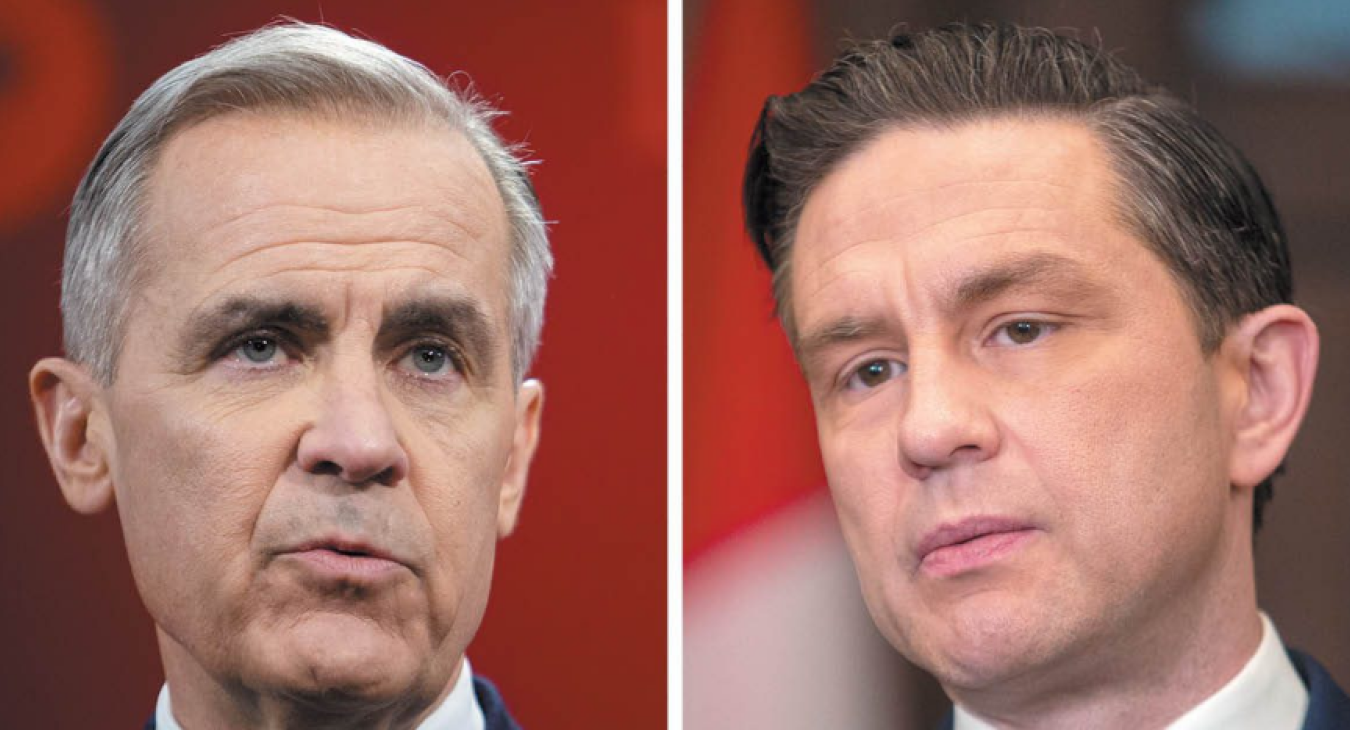Canada is heading to a snap federal election this week, and it’s already looking like a close race between Mark Carney’s Liberals and Pierre Poilievre’s Conservatives. Amid economic uncertainty caused by new U.S. tariffs, both leaders are adjusting their priorities to portray themselves as the best defender of the Canadian economy.
U.S. President Donald Trump has ratcheted up the pressure by announcing a 25 percent tariff on cars and parts made outside the U.S., separate from the expected April 2 tariffs on all U.S. trading partners.
Converging Campaign Promises
Mark Carney called the election on March 23, shortly after becoming prime minister without an election, a rare occurrence. Before the campaign even started, he promised to remove domestic trade barriers by July 1, streamline the approval process for major projects, and eliminate the value-added tax on new homes worth up to $1 million. On the day of the campaign, he also promised to cut the tax rate on the lowest income bracket by 1 percent. Although Carney is known for his stance on achieving net zero emissions, he focused on the economy during the campaign, repealing the carbon tax for consumers and small businesses, but leaving it in place for industry and maintaining emissions caps for the oil and gas sector.
Pierre Poilievre, in turn, promised to speed up permitting for large projects, eliminate the VAT on housing up to $1.3 million and reduce the tax rate for the lowest income bracket by 2.25%. He went further than Carney on climate policy: he promised to completely eliminate carbon standards for industry, remove emissions caps and repeal the Impact Assessment Act to speed up resource development. At the same time, he softened his position on social programs, maintaining support for dental and child care programs previously created by the Liberals and NDP.
Order and safety
Poilievre remains the only candidate who actively talks about safety. He advocates tougher penalties - life in prison for mass arms smuggling, human trafficking and fentanyl - and blames Trudeau-era laws for the rise in crime.
